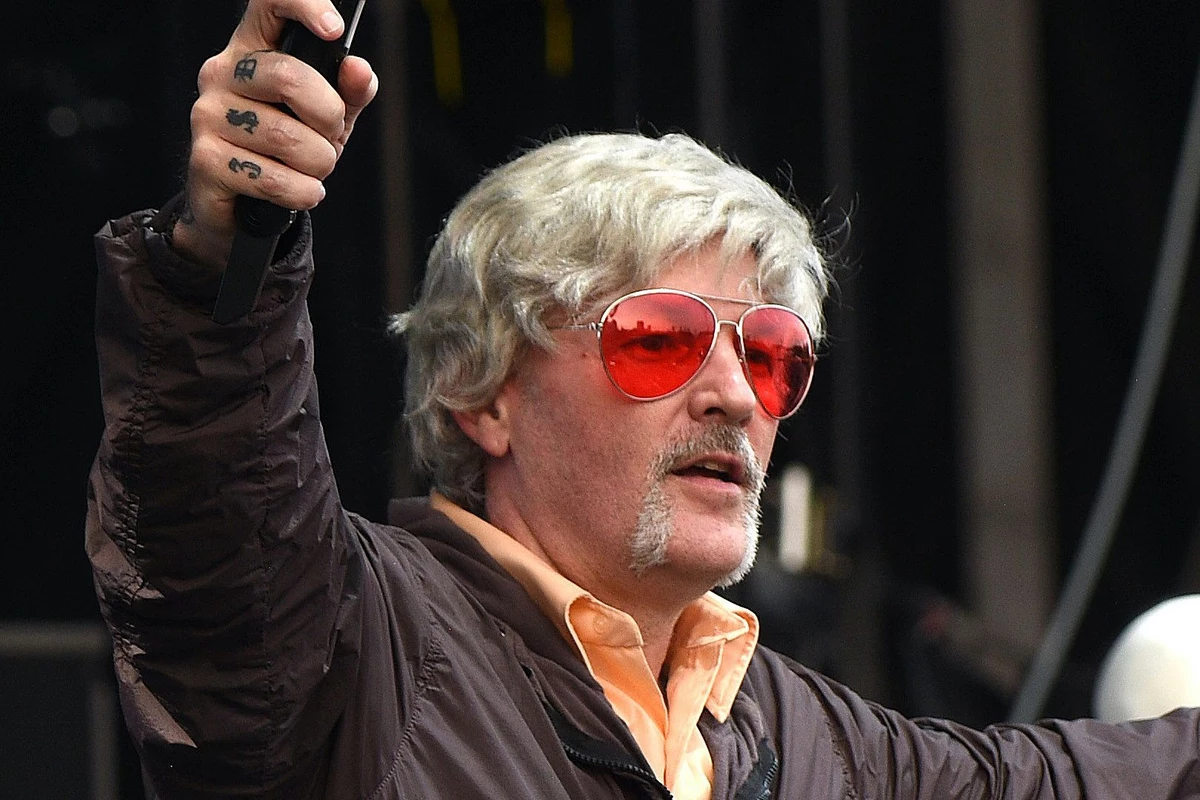
Twitter will relaunch its Twitter Blue subscription service on Monday, it said Saturday, providing some details about how the service will work after a disastrous debut last month.
Twitter Blue got off to a rough start and had to be suspended last month after trolls used the service to impersonate celebrities and companies, including Eli Lilly, Nintendo, and Lockheed Martin. In the case of Eli Lilly, pranksters impersonating the drugmaker declared, “We are excited to announce insulin is free now,” forcing the company into an awkward apology for something it didn’t do.
Elon Musk has pushed for more subscription revenue at Twitter since taking it over in late October, saying the company cannot survive on advertising alone.
Twitter Blue returns—with changes
“We’re relaunching @TwitterBlue on Monday – subscribe on web for $8/month or on iOS for $11/month to get access to subscriber-only features, including the blue checkmark,” the company tweeted on Saturday.
Subscribers, it added, “will be able to change their handle, display name or profile photo, but if they do they’ll temporarily lose the blue checkmark until their account is reviewed again.”
The company also said Twitter Blue subscribers will be able to edit tweets, have “1080p video uploads,” and will get the blue checkmark “after your account has been reviewed.”
It added, “We’ll begin replacing that ‘official’ label with a gold checkmark for businesses, and later in the week a grey checkmark for government and multilateral accounts.”
Last month, impersonators were able to easily pull off their stunts because under the first Twitter Blue, anyone could pay $8 a month for a blue checkmark and be off and running with their antics. Before Musk, that mark indicated that a notable company’s or individual’s identity had been verified. Twitter previously offered the verification for free.
The changes announced Saturday would appear to make it more difficult to pull off impersonations, but time will tell.
Twitter noted on Saturday that users could subscribe to Twitter Blue on the web for $8 per month or on iOS for $11 per month. Apple charges a 30 percent commission on many in-app purchases. Musk and many others, including notably Epic Games, have criticized this arrangement.
Advertiser concerns
Either way, Musk wants more subscription revenue.
Ad sales account for 90% of Twitter’s overall revenue. Advertisers steered clear of Twitter after Musk’s $44 billion takeover. General Motors, United Airlines, General Mills, and others paused advertising on the platform, worried about brand safety as Musk, a self-described “free-speech absolutist,” brought dramatic changes to Twitter.
Last weekend, Musk said that advertisers were returning to Twitter after the initial exodus. Speaking during a Twitter Spaces broadcast, he said that Apple had “fully resumed” advertising on Twitter. He also thanked other advertisers for returning, though it wasn’t clear which ones he was referring to.
Last month Interpublic Group (IPG), one of the world’s largest advertising companies, recommended its clients pause spending on Twitter last month due to moderation concerns.
Fortune reached out to Twitter for comments and additional details but did not receive an immediate reply.
Also today, Musk has reportedly threatened to sue employees who leak confidential information to the press, and demanded they sign a pledge to indicate they understand.
Our new weekly Impact Report newsletter examines how ESG news and trends are shaping the roles and responsibilities of today’s executives. Subscribe here.

























































